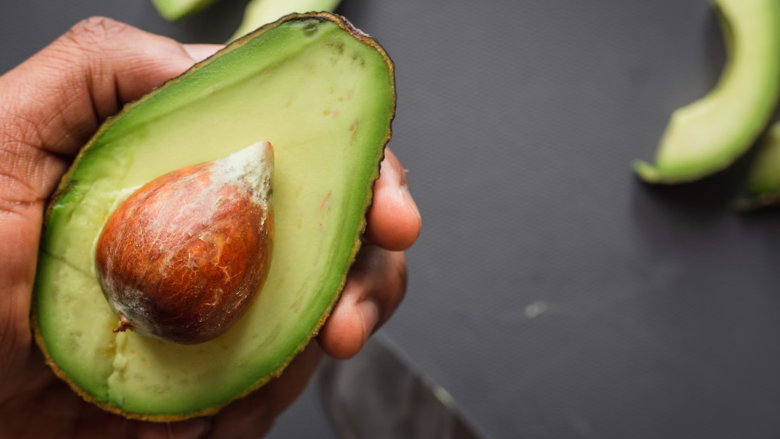[ad_1]

Supported by the U.S. Division of Agriculture (USDA), a latest examine from Penn State College researchers has demonstrated the safety that multispecies biofilms present to Listeria monocytogenes towards sanitizers. The findings may inform simpler sanitation procedures in meals processing environments.
Particularly, the researchers sought to find out the impact of chosen environmental microbiota on biofilm formation and tolerance of L. monocytogenes to the sanitizer benzalkonium chloride in shaped biofilms. The studied microbiota included bacterial households beforehand proven to co-occur with L. monocytogenes in tree fruit packing amenities, together with Pseudomonadaceae, Xanthomonadaceae, Microbacteriaceae, and Flavobacteriaceae.
The outcomes confirmed that Pseudomonadaceae and Xanthomonadaceae had been particularly adept at forming biofilms that shield L. monocytogenes.
Based mostly on their findings, the researchers counsel that L. monocytogenes management methods ought to focus not solely on assessing the efficacy of sanitizers towards L. monocytogenes, but additionally towards biofilm-forming microorganisms that reside within the meals processing facility. The researchers underline the necessity to assess the efficacy of generally used sanitizers towards non-pathogenic, biofilm-forming microorganisms generally present in meals processing environments to stop biofilms from establishing within the first place.
Future analysis may assist inform tree fruit business steerage on sanitizer software instances and concentrations which might be only towards L. monocytogenes in protecting biofilms. Penn State Extension will talk the findings of the current examine to skilled organizations devoted to sanitation in meals processing amenities.
[ad_2]
Source link









